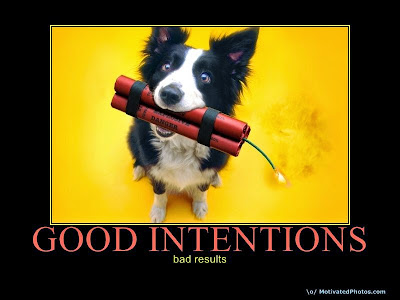Ontem questionava-me, "Como é possível?". Como é possível aplicar a receita da redução de custos a torto e a direito e as empresas que não competem, nem podem competir pelo preço, embarcarem na onda?
À noite, já deitado, um tweet remeteu-me para um artigo sobre Gerd Gigerenzer, que me fez chegar a um tweet de Rory Sunderland onde era citado este artigo de Roger Martin, "Why Planning Over Strategy?". Reli-o e ficou claro como água como é possível:
"As with many things in life, an outcome that doesn’t make sense, ironically, is often the product of a process that makes lots of sense. There is an enormous amount of planning in the modern world of business and very little strategy — for a reason.
...
The world’s penchant for data analytics causes analysis to be strongly encouraged, supported, and rewarded in business. And planning fundamentally concerns the analysis of the known and setting forth a sensible set of initiatives that collectively manage the known — or at least appear to until things change and then the ensuing problem is blamed on ‘unforeseen chance events.’
Strategy, in contrast, imagines a desirable future and makes a set of choices with the best chance of bringing it about. It is fundamentally not analytical, which causes it to conflict with the analytical bent encouraged in and supported by business. [Moi ici: Agora aqui, recordo Gigerenzer e o que ele escreve sobre a incerteza]
...
This belief in analysis that drives a love for planning renders the business world very friendly to technocrats. Technocrats focus more on inputs than outputs. They are driven to check all the boxes and follow the prescribed procedure (often prescribed by themselves for themselves). Planning is all about inputs: these are all the things that we are going to do, and since we have been thorough and analytical, all these initiatives are justifiable.
In contrast, entrepreneurs are laser-focused on outputs. They don’t check the boxes and rarely follow any prescribed process. And strategy, as I argue in the video, is all about producing outputs that you don’t directly control. [Moi ici: Como não recuar a 2007 e aos monumentos à treta]
...
The planning-oriented business technocrats are more interested in and comfortable with buying planning services from the so-called ‘strategy consulting firms’ than strategy services. They want smart and capable planners, and they find plenty of them in the ‘strategy consulting firms.’
Consequently, strategy is a tiny business within the ‘strategy consulting firms.’ I recently spoke with a partner of one of the ‘big three’ (McKinsey, BCG, Bain) who had recently left to pursue other interests and I speculated that strategy as a percentage of billing at his former firm was probably about 10–15%. He laughed at how high my estimate was and told me that it was closer to 3%."




















%2006.21.jpeg)












